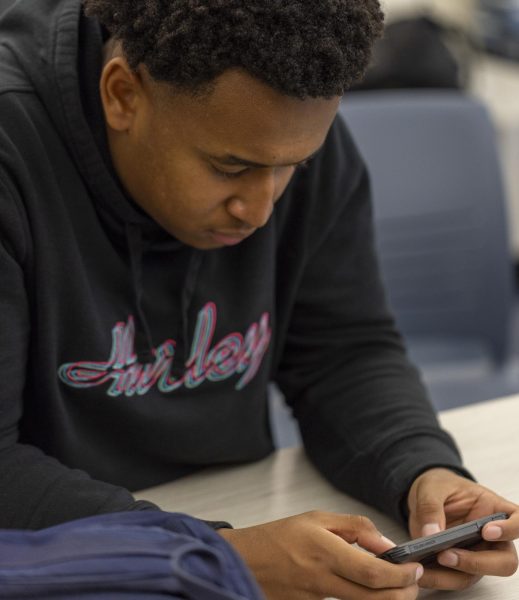
TikTok glamorizes and promotes unhealthy and unbalanced eating habits. The surge of popularity of “mukbangs” in recent years has normalized eating habits that consist of non nutritious foods, overeating, binge eating, and overall unsustainable overconsumption of foods. This way of eating is detrimental to individuals’ health and can result in an unhealthy and unmanageable weight, as well other health conditions that accompany being overweight.

Mukbangs are videos of people eating, typically large amounts of food and talking to their audience while they do so. The popularity of these videos spiked in 2020, around the beginning of the lockdown and Coronavirus.
Grace Derocha, a certified dietician and public speaker on nutrition and wellness, commented to CNN in an interview that, “[the surge of popularity of mukbangs] could be due to viewers watching for some social connection, as if they were sitting across the table from the mukbang creator.”
Over the years, however, the videos have become more and more extreme regarding the types of foods that are being consumed; creators are competing to create the craziest video of consuming larger and larger amounts of unhealthy foods. This trend is unsustainable, not only for the creators who are subjecting their bodies to these foods but also for the viewers who are being influenced to possibly mimic the “meals” that are shown in the mukbangs.
CNN reports that Derocha says “she’s concerned that the more extreme videos could encourage some viewers to overeat, avoid certain foods or fail to eat the various nutrients their bodies need.”
These videos have the possibility to cause serious harm to a person’s eating habits and health.
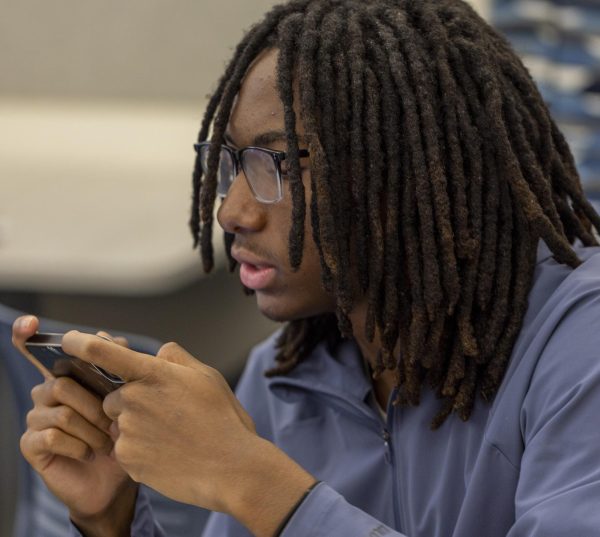
According to Suzanne Fisher, a registered dietician in Florida, who is also quoted in the CNN report, the worst and most dangerous aspect of the videos are that, “The viewers also don’t know what happens off camera. Some videos could be edited in a way that viewers think the food is being consumed, but the mukbang creator is actually spitting it out between takes.”
This lack of transparency results in visibly “healthy” and “fit” people filming themselves “eating” these disgusting amounts of food, leading to the misconception that they actually eat in that way and maintain a healthy body mass. This misalignment can lead to the idea that someone can eat in that way, and still maintain a healthy figure, which is simply impossible.
Promoting such unhealthy eating is especially dangerous on platforms such as TikTok, where a large majority of the viewers are young, impressionable children. At a young age, it is already difficult to begin to understand your own body and what it needs (from a nutrition standpoint), and being shown misleading videos such as these can have a confusing effect on a young child’s mind.
The opposing argument to my opinion is that these mukbangs are just videos, with the intention to entertain people. I would agree that the intention behind these videos is not malicious, but there is a difference between intent and impact. At the end of the day, there is no reality in which consuming these types of foods is beneficial to any party involved. Is the temporary enjoyment really worth the lasting effects of regularly indulging in foods that will ultimately destroy your health and body? I don’t think it is.
In tandem with the surge in popularity of excessively unhealthy videos, I have also noticed more “healthy mukbangs” being made. These are often more realistic videos of people simply sharing what they would normally eat in a day, as normal people.
I want to be clear that I am not saying that for a food video to be “healthy” it needs to involve strictly salads or counting calories or anything crazy like that. These videos I am referring to are simply balanced, in the sense that they promote realistic meals that offer a variety of necessary nutrients to promote a healthy and balanced lifestyle.
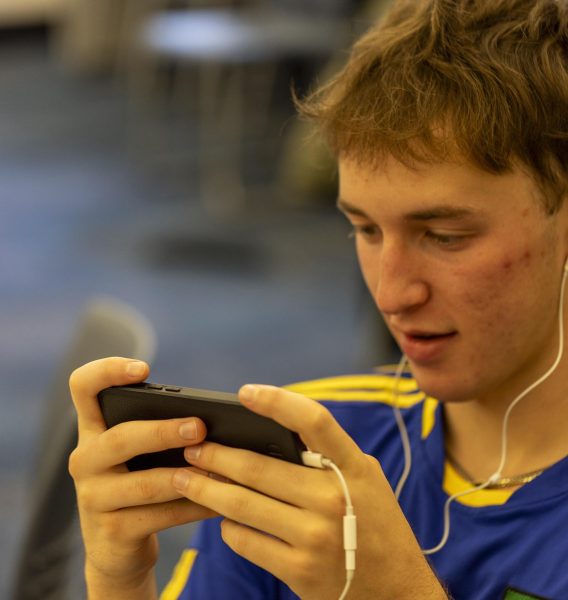
Deep frying an extra large burrito in your car and trying to eat it in under three bites is not a balanced or nutritious meal. Investing in a healthy lifestyle is not about restricting certain foods or avoiding them, it is simply about balance. The mukbangs that I am criticizing have no balance and provide no real nutrition, which is dangerous and detrimental to the people regularly indulging in them.














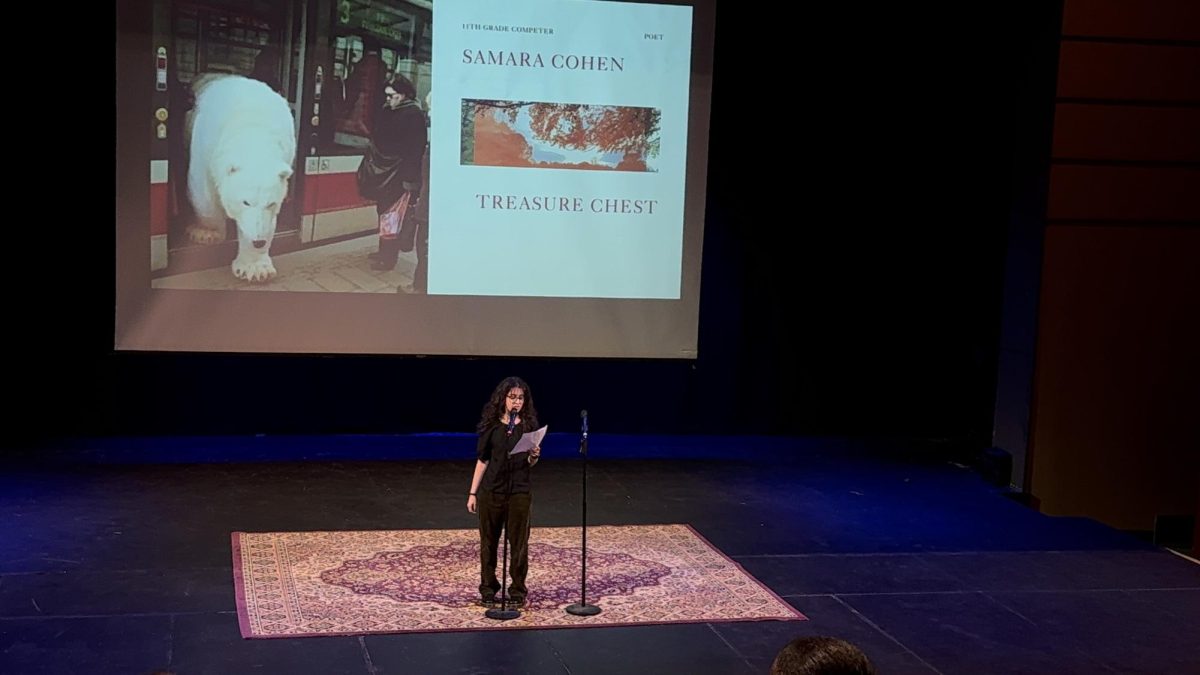
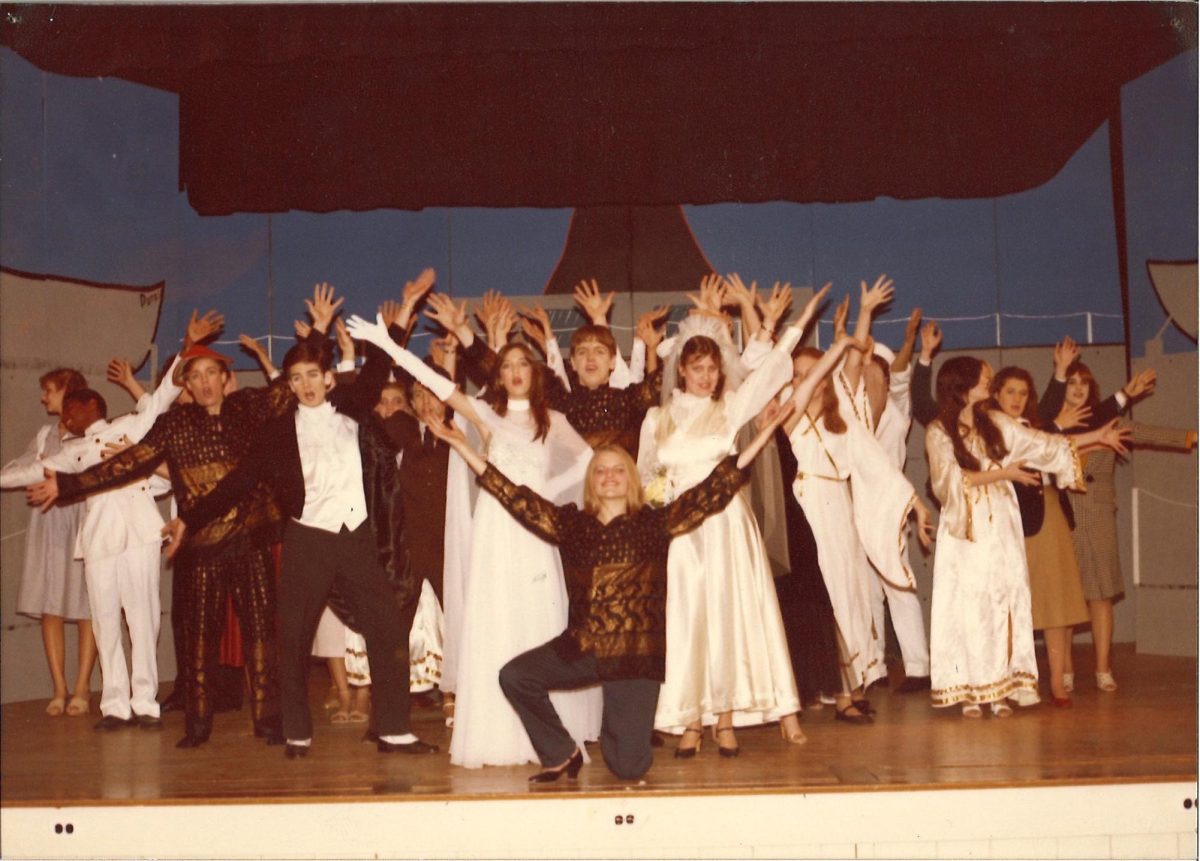

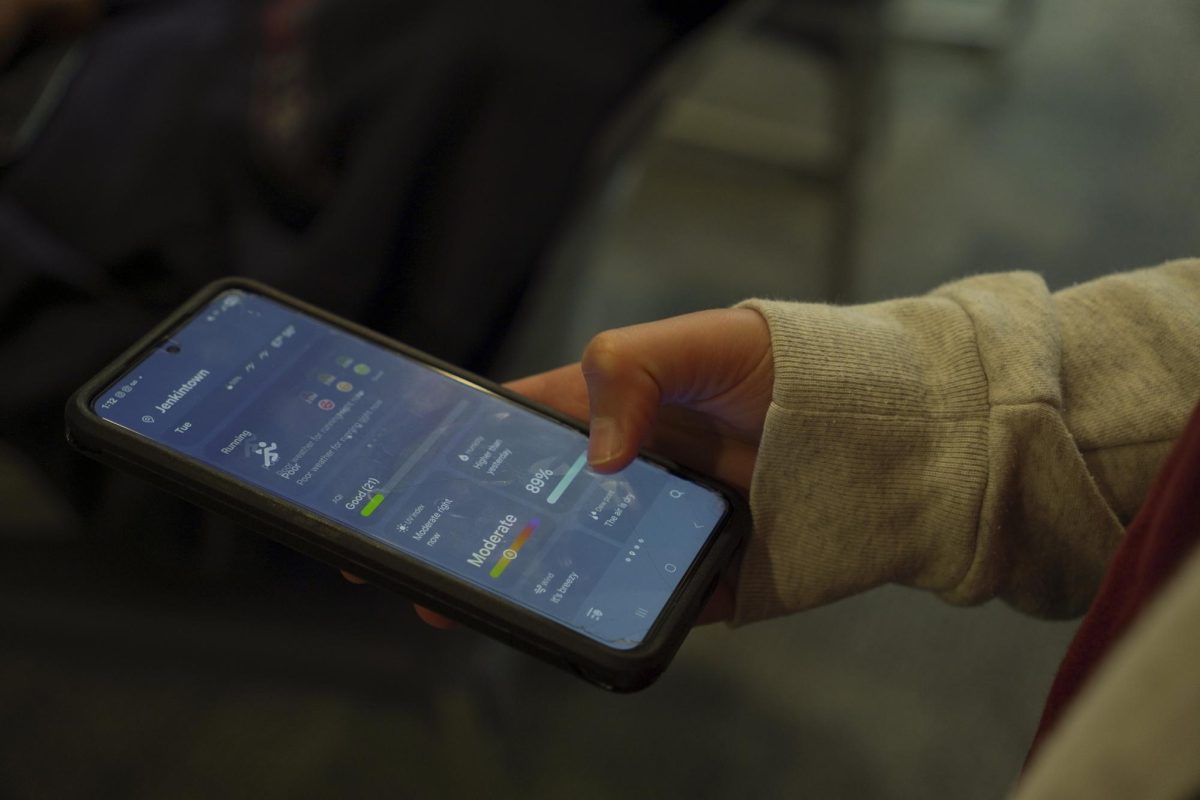


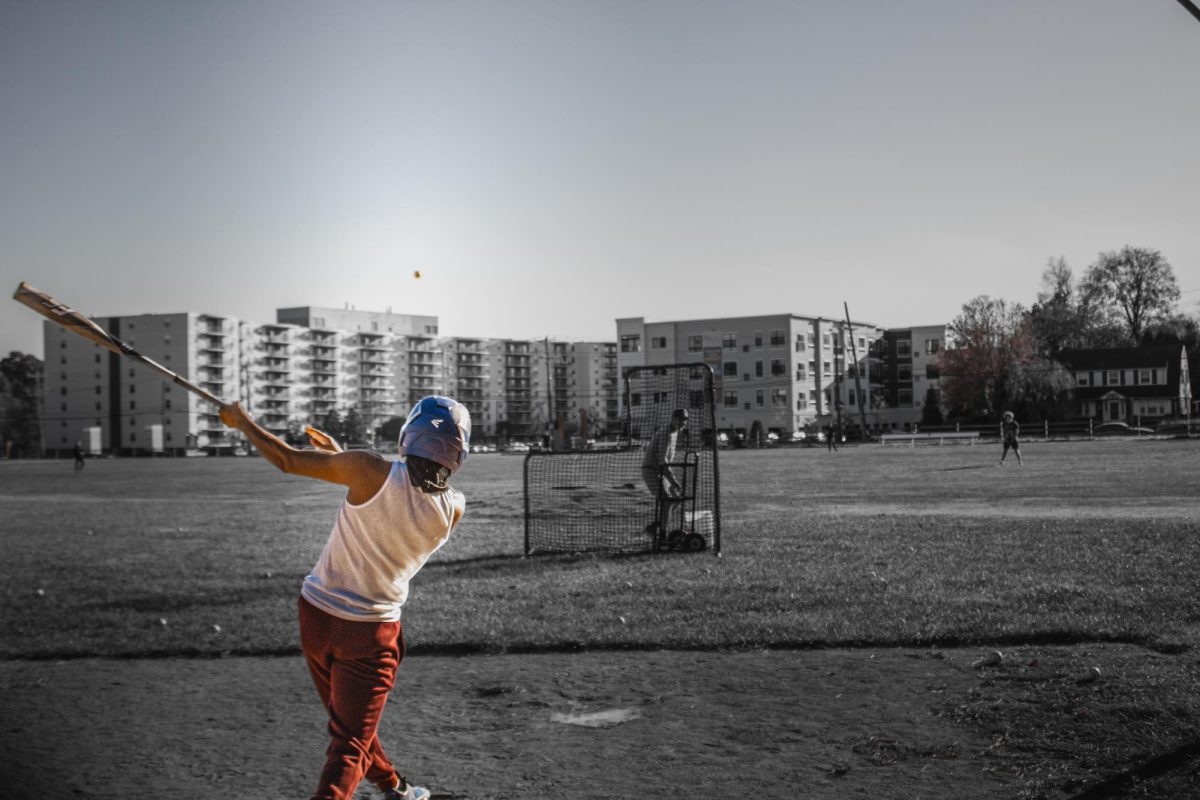
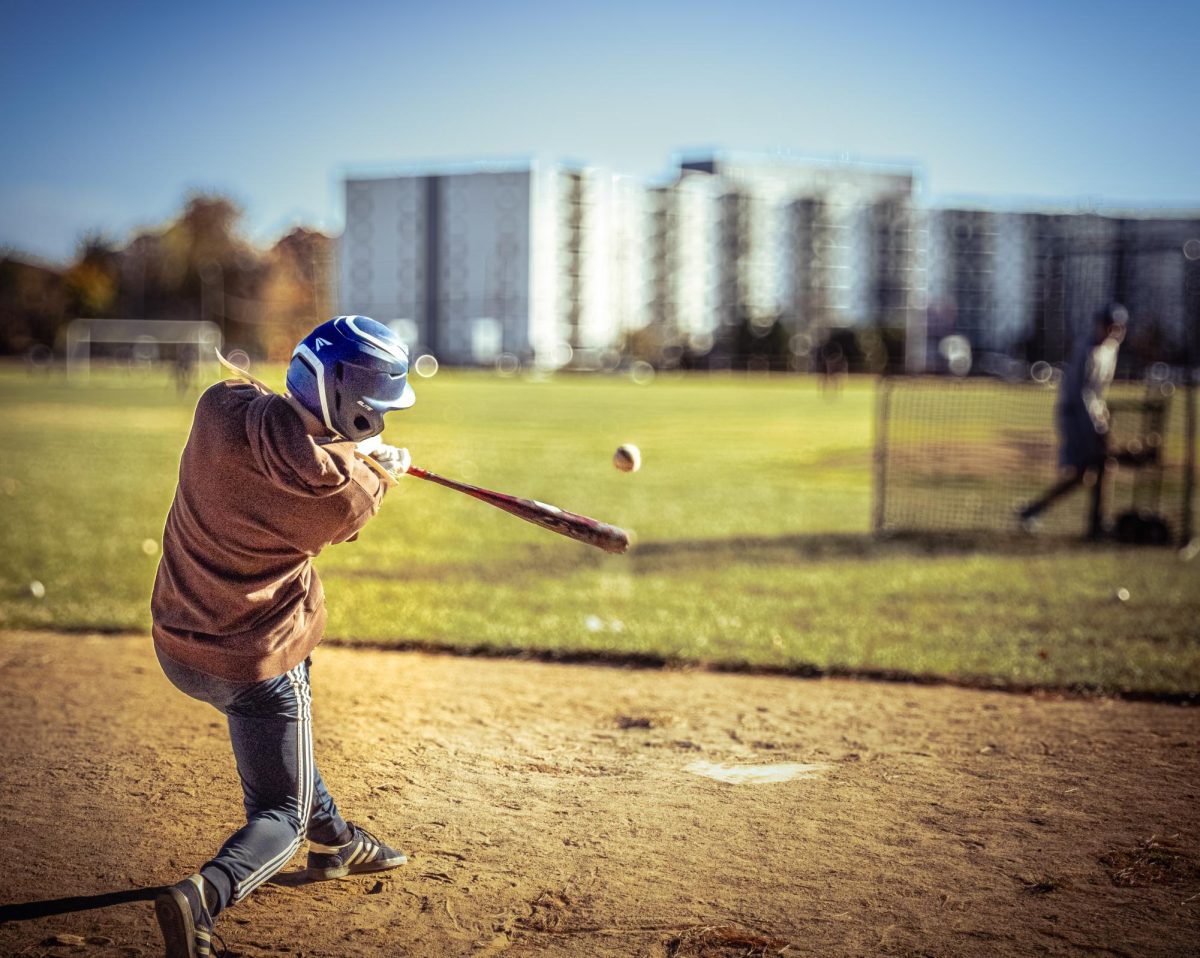

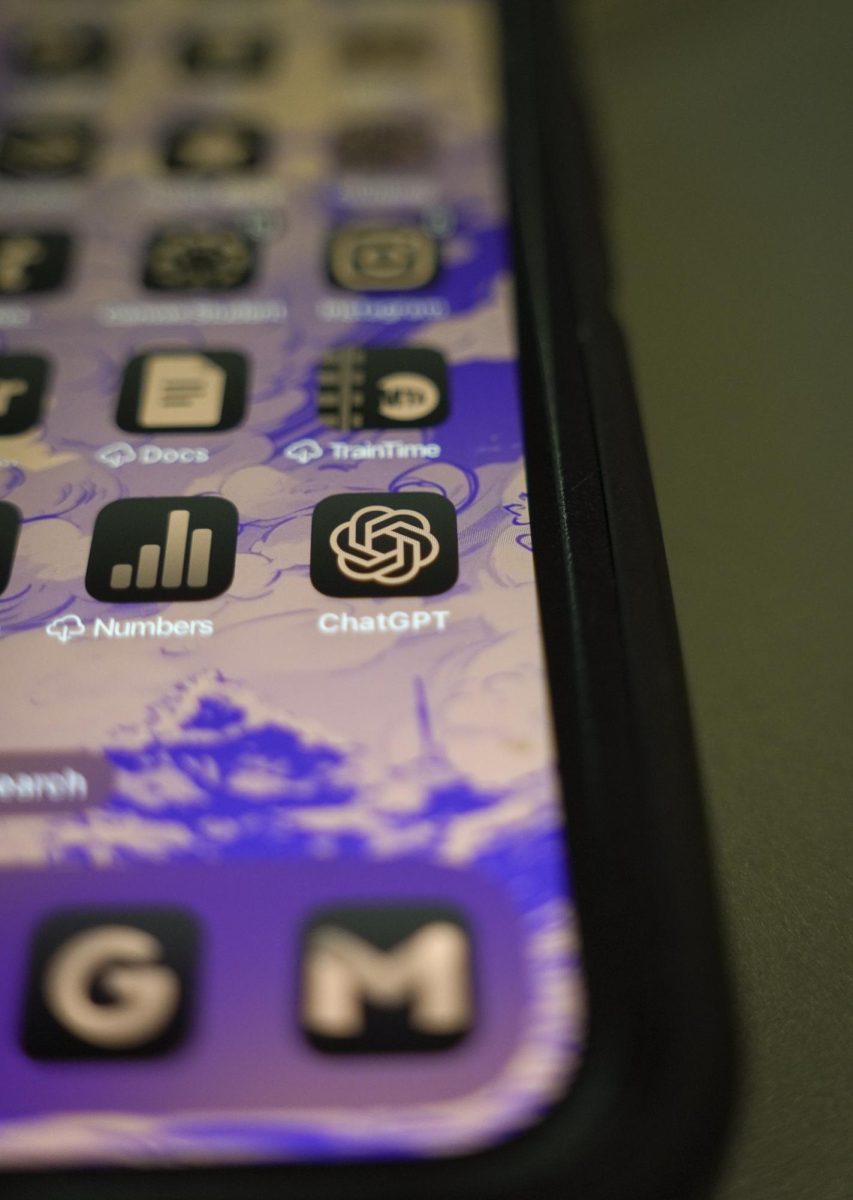
Gio Damico • Feb 13, 2025 at 7:51 am
I somewhat agree with this point because social media can negatively impact anyone, but I don’t agree with this example. From my personal experience, I don’t believe these are the most popular videos, and I haven’t noticed any trends birthed from mukbangs that foster unhealthy behavior. It has influenced some people, but I don’t believe it has on a large enough scale to be considered harmful. I do believe this can be very unhealthy for the content creators because eating extreme amounts of fast food consistently can be detrimental to their health and cause severe obesity.
Jaylan Moore • Jan 30, 2025 at 8:00 am
I partly agree with this as social media can set bad examples for kids but I don’t think this is a very harmful example. To my knowledge, these videos aren’t very popular and I have never heard of them starting trends that can be harmful. I think they are mostly funny entertain for the people watching but on the other hand, it can be harmful to content creators who make a lot of these videos because if they have a following, their views will want them to make more and more daring videos and challenges that can be harmful so I think it is important for the creators to know their limits with these videos and be safe.
Jenny Niu • Jan 29, 2025 at 9:59 am
I think this article made a good point, but I think there are some points that I disagree. Psychologically people might indeed imitate what the influencers do, such as eating the same brand of food as the influencer or to eat a little bit more than their usual amount out of herd mentality and the loop of decision making, but I don’t think that most people are dumb enough to copy exactly how the influencers eat in their videos because that amount is already a burden to most people. As for the young people as mentioned in the article, there is a logical paradox: Indeed, watching “mukbangs” might affect the youths, but so does the videos promoting violence, racism and so on… The root of this phenomenon is a management problem, the platforms could either set an age limitation, or just ban all of the “unhealthy” videos. If they are so easy to be affected, especially negatively affected, then they should not use TikTok.
Neiko • Jan 29, 2025 at 6:00 am
I agree with this article. I do like watching mukbangs but I believe most of them are fake. There is no possible way a human could wat the amounts of food that are being put on display by mukbangers, and it creates a crazy unhealthy standard for other mukbangers wanting to join the community or just people in general. I don’t think they have an effect on my eating habits because I know it’s fake. I just like listening to the noises of chewing, or envying mukbangers who have really good food that I want. I don’t really think they have a responsibility to monitor, I think people have to understand that they are most likely fake. I do think they should put like small warnings though like “this amount of food is impossible to eat and this video is most likely fake” something small like that.
Zhaoye Wang • Jan 28, 2025 at 9:13 pm
In my opinion, this kind of videos are not as bad as people thought because many Vlogger live in this way. so it will create many jobs like that. people watch this kind of video. It’s just to release their original wants. also, it is a good way to express pressure which people brings home after working. All in all, people could control themselves how much they can eat. the short video is not the most important part in the decision. The adults could control themselves in all parts of life.
Leila • Jan 28, 2025 at 9:00 am
I agree with the opinions shared in this article and have definitely seen my fair share of mukbangs. I think constantly seeing them can make a person crave the food that is being eaten in them which can make it hard for people to stay eating healthy. Especially, if the person does not really want to eat healthily but is doing it for something they can find it extremely hard to constantly see these people online eating the innutritious foods that they want to be eating, and eating a lot of it. I think if more people posted their nutritious what they eat then people could relate to these creates more and they could even find it easier to eat healthy because they would have inspiration.
Adalyn Smith • Jan 28, 2025 at 8:56 am
I didn’t really think about the negative effects that watching people eat could affect how people eat in real life. Since I don’t really watch people eating day to day but in this article I do see why it can be dangerous. People are influenced all the time to do random things on the internet that seems fun and cool but don’t understand the bad side effects, including mukbang content. This really opened my eyes to see why this food related content can be bad. It’s not like a fun little dance challenge or something that affects your day to day but can affect your whole life which is scary.